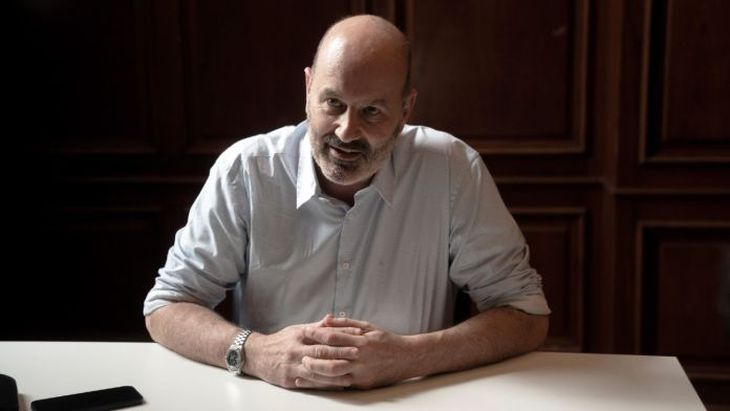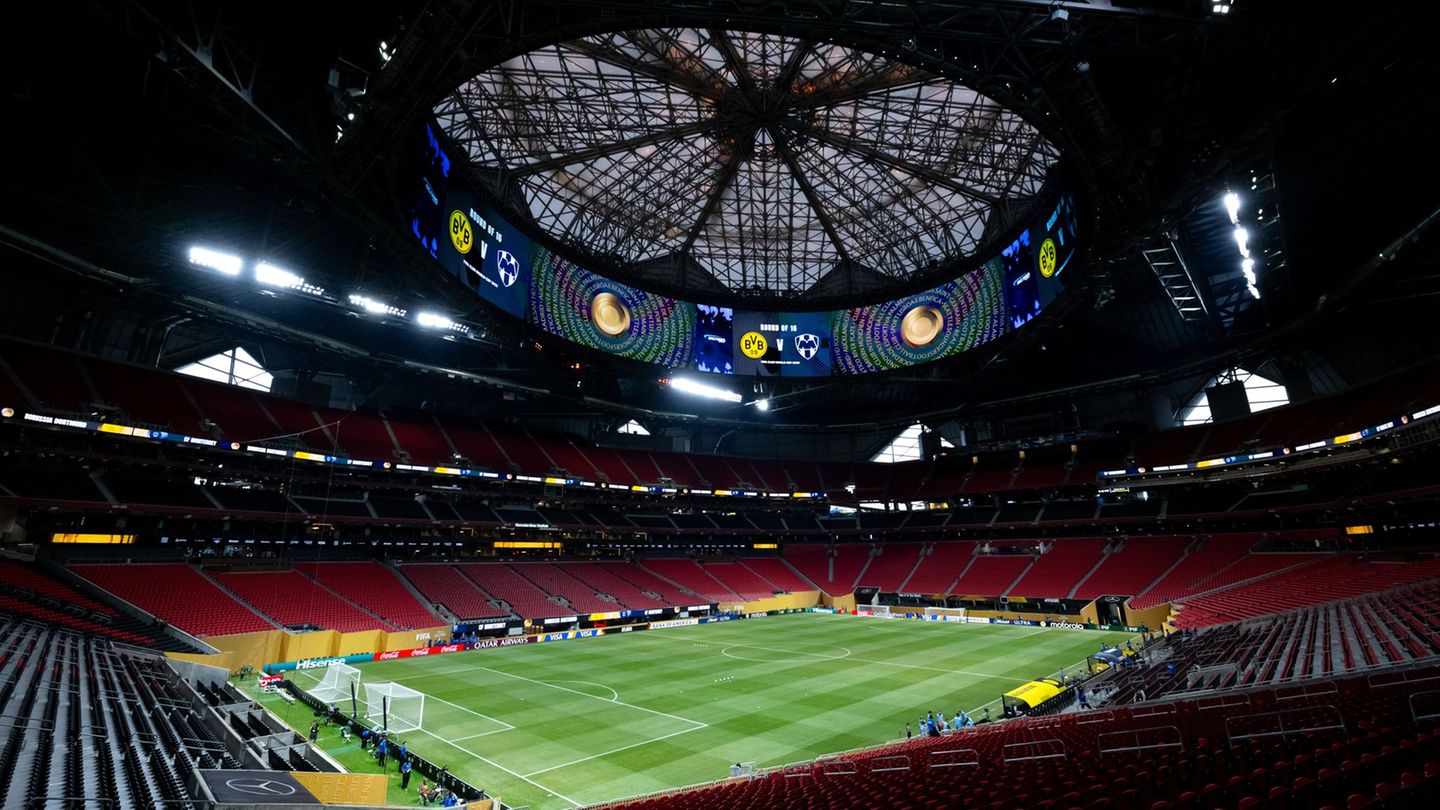He Government made the decision to not renew decrees 1040/20 and 70/23, that prohibited the sale of scrap metal abroad. The measure was announced by the Minister of Deregulation and State Transformation, Federico Sturzenegger, and returns to allow the export of metal scrapsomething that It hasn’t happened since 2009.
Through his X account, the minister highlighted: “The president Javier Milei has said on repeated occasions that the power of the State should not be used to arbitrarily redistribute income among the actors in a market.
“That’s why yesterday we decided do not renew the scope of decrees 1040/20 and 70/23 (not to be confused with DNU 70/23) by which The export of metal and non-ferrous waste had been prohibited”, he exhibited.
“This prohibition It was harmful for several reasons. First, because by depressing the local price of waste it discouraged recycling. But it was harmful, above all, because banned countless recycling businesses for very large sectors of the economy (for example, copper cables discarded by telephone companies, which have an active market for recycling abroad, could not be exported)”, he explained.
Then he continued: “In these months We received countless messages from companies whose businesses were prohibited for this prohibition.”
federico-sturzenegger-stock-1728880 (1).jpg
Federico Sturzenegger was in charge of announcing the measure on his social networks.
Archive
“In this way this norm benefited the processors of said scrap, but harmed those who produced it (typically smaller recycling companies), while hundreds of waste recovery businesses were lost. The original rule was from July 2009 and was thought to last 180 days,” Sturzenegger noted.
Thus, he ended the announcement of the measure by stating: “But as In Argentina everything is transitory tends to become permanent, it was renewed with the decrees 2261/09, 901/10, 1513/12, 374/14, 1102/15 (Christina), 823/16, 848/17, 970/18, 664/19 (Macri), 1040/20 and 70/23 (Alberto)”.
The decrees that prohibited the export of metal waste
The original regulations, implemented in July 2009emerged with the objective of strengthen the local steel industrywhich uses scrap as an input for steel production.
At the time, the government of the day argued that The measure was necessary due to the lack of a fluid supply of these materials in the domestic market, which affected the competitiveness of local companies.
In this way, they assured that they were looking for “improve not only the competitiveness of metallurgical companies but also that of all those industries along the value chain that require steel, copper and/or aluminum for their production.”
“That’s why the suspension of exports was continuedboth definitive for consumption and also with temporary suspensive destination, of iron, steel, aluminum and copper waste that is classified in the respective tariff positions,” stated the arguments of that decree signed in February 2023 that renewed norms in the same sense.
Source: Ambito
I am an author and journalist who has worked in the entertainment industry for over a decade. I currently work as a news editor at a major news website, and my focus is on covering the latest trends in entertainment. I also write occasional pieces for other outlets, and have authored two books about the entertainment industry.




